Calcium D-Saccharate
Product Details:
- Storage Room Temperature
- Molecular Formula C6H8CaO8.4H2O
- Structural Formula C6H8CaO8.4H2O
- Taste Odorless
- Particle Size Not Available
- Ph Level Not Available
- Boiling point 766.4 C at 760 mmHg
- Click to View more
Calcium D-Saccharate Price And Quantity
- 25 Kilograms
- 1400.0 INR/Kilograms
- 1400.00 - 1500.00 INR/Kilograms
Calcium D-Saccharate Product Specifications
- 5793-89-5
- C6H8CaO8.4H2O
- Room Temperature
- Calcium Saccharate is the calcium salt form of glucaric acid, a natural substance found in many fruits and vegetables, with potential anti-cancer property.
- Pharmaceutical Intermediates
- D-Glucaric acid,calcium salt, hydrate (1:1:4)
- Not Available
- Odorless
- Not Available
- 98%
- C6H8CaO8.4H2O
- Soluble in calcium Gluconate solution
- 227-334-1
- 0.002%
- A white odourless powder
- Medicine Grade
- 29181990
- 5 Years
- 2%
- 766.4 C at 760 mmHg
- Other
- 320.26 Grams (g)
- Calcium D-Saccharate
- 140-160
- Powder
Calcium D-Saccharate Trade Information
- India
- Cash Advance (CA), Cash in Advance (CID), Days after Acceptance (DA), Letter of Credit at Sight (Sight L/C), Letter of Credit (L/C)
- 100 Kilograms Per Day
- 7 Days
- Yes
- Free samples are available
- Drum pack / bag packing
- Eastern Europe, Western Europe, South America, Asia, Australia, Central America, North America, Middle East, Africa
- All India
- WE PROVIDES ALL KIND OF CERTIFICATIONS AS YOU REQUIRED
Product Description
Calcium D-Saccharate Properties:
- CAS Number: 5793-89-5
- Superlist Name: Calcium D-saccharate tetrahydrate
- Formula: C6H8CaO8.4H2O
- Molecular Weight: 320.26
- Synonyms: D-Glucaricacid, calcium salt (1: 1), tetrahydrate (9CI); Calcium D-saccharate tetrahydrate; Glucaric acid, calcium salt,tetrahydrate, D- (8CI)
- EINECS: 227-334-1
- Boiling Point: 766.4 degree centigrade at 760 mmHg
- Flash Point: 431.2 degree centigrade
- Risk Codes: 36/37/38
- Safety: 26-36
Introduction of product:
How does it work:
Applications Or where it is used:
Manufacturing process:
Dosage of usage:
Side effects:
Calcium D-glucarate has not been extensively studied for side effects, but it is well tolerated in humans. Due to the lack of research, it should not be taken by women who are pregnant or nursing.
Frequently Asked Questions:
Q: What are the common uses of calcium D-saccharate?
A: It is commonly used as a buffering agent in soft drinks and as an excipient in pharmaceuticals. It has also been studied for its potential therapeutic benefits in treating kidney stones.
Q: How does calcium D-saccharate work in treating kidney stones?
A: It may inhibit the formation of calcium oxalate crystals, which are the main component of most kidney stones. By preventing the formation of these crystals, calcium D-saccharate may help to reduce the risk of kidney stone formation.
Q: Is calcium D-saccharate safe to consume?
A: It is generally considered safe when consumed in normal amounts. However, as with any supplement or medication, it is important to consult with a healthcare professional before taking calcium D-saccharate, especially if you have any pre-existing medical conditions or are taking other medications.
Q: Can calcium D-saccharate interact with other medications?
A: It may interact with certain medications, particularly those used to treat heart disease, high blood pressure, or kidney problems. It is important to speak with a healthcare professional before taking calcium D-saccharate if you are currently taking any medications.
Q: Are there any side effects associated with calcium D-saccharate?
A: It is generally well-tolerated and does not typically cause significant side effects. However, some people may experience mild gastrointestinal discomfort, such as bloating, gas, or diarrhea. If you experience any unusual or concerning symptoms after taking calcium D-saccharate, it is important to contact your healthcare provider.

Price:
- 50
- 100
- 200
- 250
- 500
- 1000+

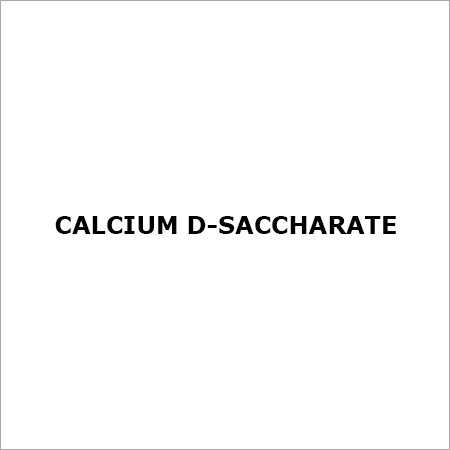
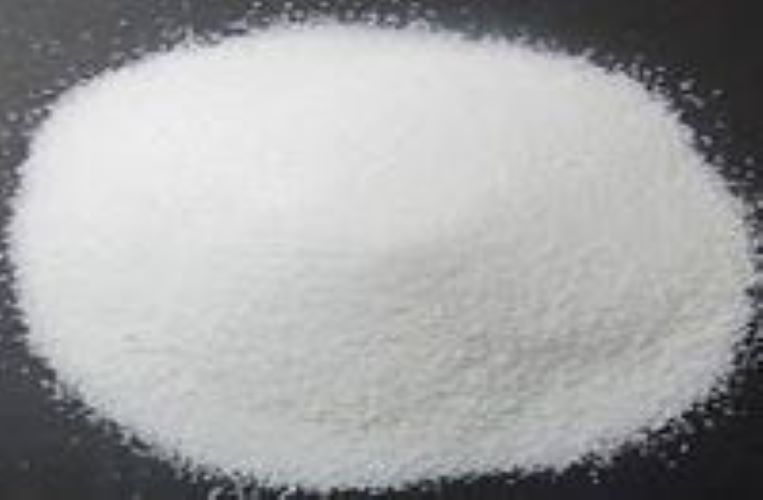


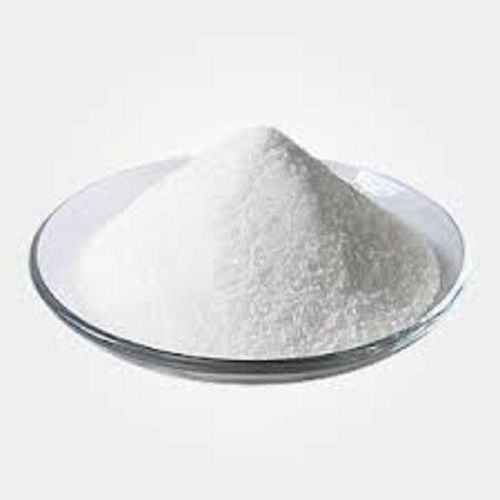
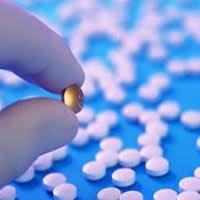

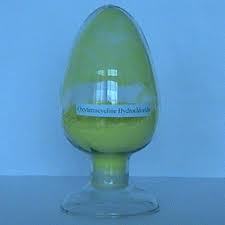
 : nilesh.sheth70
: nilesh.sheth70
